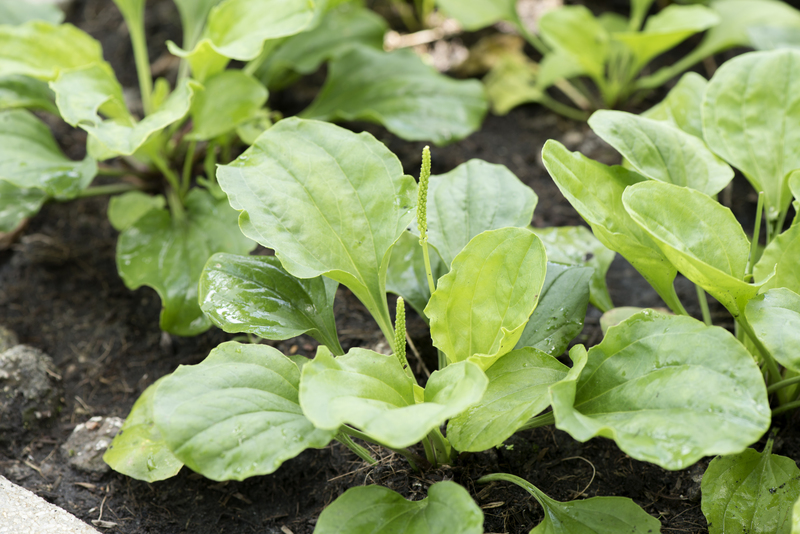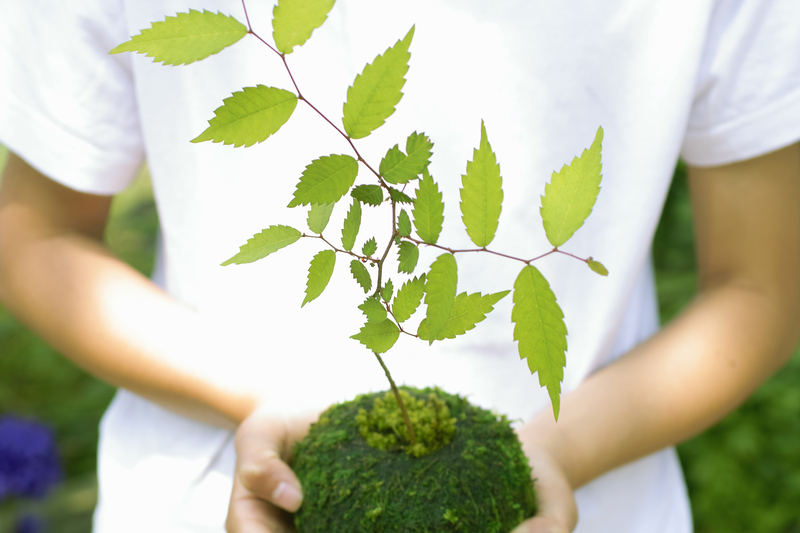The Ultimate Beginner's Guide to Starting an Organic Vegetable Garden
Posted on 24/08/2024
Are you looking to start your own organic vegetable garden but not sure where to begin? With the increasing popularity and demand for organic produce, it's no surprise that more and more people are turning to gardening as a way to grow their own fresh, healthy vegetables. Not only is it a rewarding and satisfying hobby, but it also allows you to have full control over what you put on your plate. In this guide, we'll walk you through everything you need to know to get started on your very own organic vegetable garden.
What is Organic Gardening?
Organic gardening is a method of growing plants without using synthetic fertilizers or pesticides. Instead, it focuses on using natural methods and materials such as compost, mulch, and companion planting to nourish the soil and protect plants from pests. By avoiding chemical inputs, organic gardening aims to promote a healthy ecosystem and sustainable practices.

Step 1: Planning Your Garden
Before jumping into the physical aspect of gardening, it's crucial to plan out your space. Start by deciding on the location of your garden - whether it will be in-ground or raised beds. In-ground gardens are suitable for large spaces while raised beds are ideal for smaller areas or those with poor soil quality. Next, consider the amount of sunlight your chosen spot receives throughout the day as most vegetables require at least six hours of direct sunlight. Make sure you also have access to a water source nearby.
Step 2: Preparing Your Soil
The key to a successful organic garden is healthy soil. Begin by removing any weeds or debris from the area and loosen up the soil using a shovel or hand trowel. Adding compost or aged manure can help improve soil structure and provide essential nutrients for your plants. It's advisable to have your soil tested for pH levels so you can make necessary adjustments before planting.
Step 3: Choosing Your Vegetables
When deciding which vegetables to grow in your garden, consider your location, climate, and the season. Some plants thrive in cooler weather while others do better in warmer temperatures. It's also helpful to research companion planting to ensure a harmonious relationship between plants and natural pest control. Good choices for beginner organic gardeners include tomatoes, peppers, beans, lettuce, and herbs.
Step 4: Planting
Once you have selected your vegetables, it's time to start planting. Follow the instructions on the seed packets for proper spacing and depth. Water your plants regularly but avoid over-watering as this can cause diseases and pests. Consider using a watering system such as drip irrigation to conserve water.
Step 5: Maintaining Your Garden
Organic gardening requires constant upkeep to ensure healthy plants and bountiful harvests. Regularly check for signs of pests or diseases and address them using natural methods such as hand-picking or introducing beneficial insects. Mulching around your plants can help suppress weeds and retain moisture in the soil. Keep an eye on your plants' growth and provide support with stakes or cages when needed.
Pros:
- Organic vegetables are healthier as they are free from harmful chemicals.
- Gardening is a therapeutic and stress-relieving hobby.
- You have full control over what goes into your produce.
- Organic gardening promotes sustainable practices that benefit the environment.
- A well-maintained garden can save you money on groceries.
Cons:
- Organic gardening requires patience and dedication.
- There may be initial costs for supplies such as compost or seeds.
- Pests and diseases may still affect your crops despite natural methods of control.
- Weather conditions can greatly affect plant growth and yield.

Tips:
1. Start small - don't overwhelm yourself with a large garden if you're just starting out.
2. Educate yourself on organic gardening techniques through books, workshops, or online resources.
3. Use natural methods of pest control such as companion planting, crop rotation, and hand-picking.
4. Keep a gardening journal to track your progress and learn from your mistakes.
5. Be patient and don't get discouraged if your garden doesn't turn out as expected.
Takeaways:
- Organic gardening is a sustainable and chemical-free way of growing vegetables.
- Planning and preparing your soil are crucial for a successful garden.
- Regular maintenance is necessary to keep pests and diseases at bay.
- Starting small and educating yourself can lead to a thriving organic vegetable garden.
In conclusion, starting an organic vegetable garden may seem intimidating, but with proper planning and dedication, anyone can do it. By following the steps outlined in this guide, you'll be on your way to growing fresh, healthy produce right in your own backyard. With patience, determination, and a little bit of trial and error, you too can enjoy the benefits of organic gardening. So why wait? Start your journey towards a healthier and more sustainable lifestyle today!




